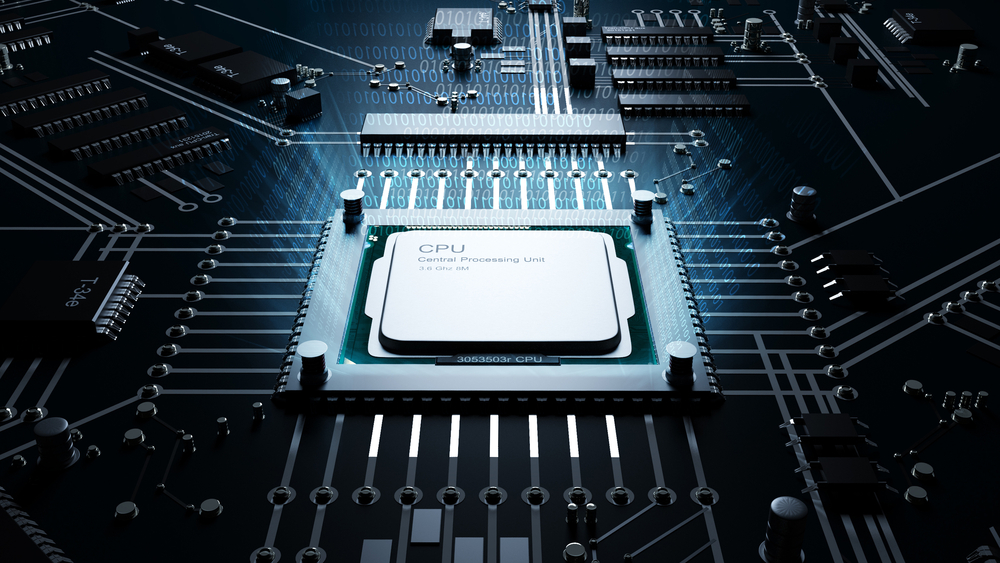The emergence of the Core i7-11700KF (via Tum_Apisak) has put the Rocket Lake rumor mill into action. If a certain Ashes of the Singularity (AoTS) submission is to be trusted, Intel could offer 11th Generation Rocket Lake KF-series chips without integrated graphics as well. In Rocket Lake’s case, it would lack the Xe graphics engine.
As we’ve seen from a recent Rocket Lake report, the Core i9 and Core i7 models reportedly share the same eight-core, 16-thread configuration. With this bit of information, we can assume that the clock speeds will be what differentiate one model from the next. In theory, a Core i9 should have higher clock speeds than the Core i7, however, that doesn’t seem to be the case with the Core i7-11700KF.
The Core i9-11900K, which made a brief appearance on Ashes of the Singularity, was allegedly operating with a 3.5 GHz base clock. The Core i7-11700KF from today’s entry seemingly features a 3.6 GHz base clock. Perhaps, the base clock isn’t meaningful, and Intel could end up using the boost clocks as the distinguishing feature between a Core i9 and a Core i7 SKU.
When paired with a GeForce RTX 3080, the Core i7-11700KF had an average framerate of 114.5 and a CPU framerate of 126.7 on the Crazy 1440p preset. For comparison, the Core i9-10900K put up a score with a framerate of 110.6 and a CPU framerate of 123.1, meaning that the Core i7-11700KF was up to 3.5% and 2.9% faster. It was a pretty impressive performance if you look at the details of each chip.
The Core i9-10900K not only has two more cores than the Core i7-11700KF, but also a 100 MHz base clock. Despite the handicap, the Core i7-11700KF still managed to pull ahead. While we know that the Core i9-10900K boosts up to 5.3 GHz, it remains a fact that the boost clock speed for the Core i7-11700KF is unknown.
Intel has previously bragged about its Cypress Cove microarchitecture, and how it’ll offer consumers significant instructions per cycle (IPC) improvements up to two figures. We’ve already seen glimpses of what Cypress Cove cores are capable of so it’s not improbable that an octa-core Rocket Lake chip can take on a deca-core Comet Lake part. Come the first quarter of 2021, we’ll see whether Intel can deliver on its IPC promise.
